NEWS
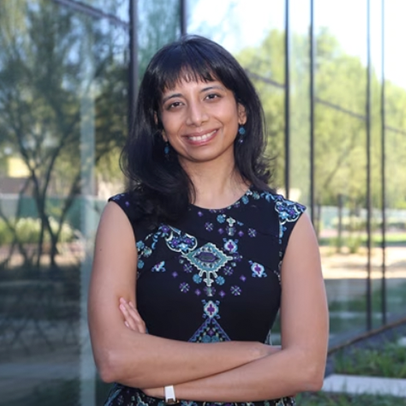
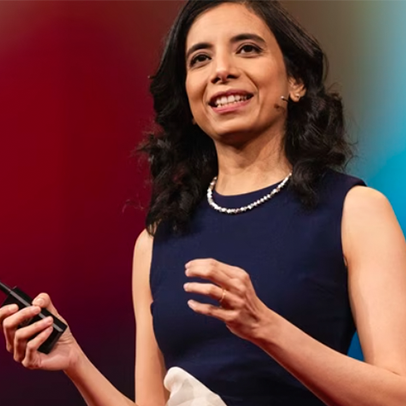
May 20, 2024
AI+Science Conference Receives Funding to Expand across the Next Three Years
Continuing a collaboration catalyzed by generous support from the Margot and Tom Pritzker Foundation, the University of Chicago and Caltech will advance the integration of AI into scientific research and development.
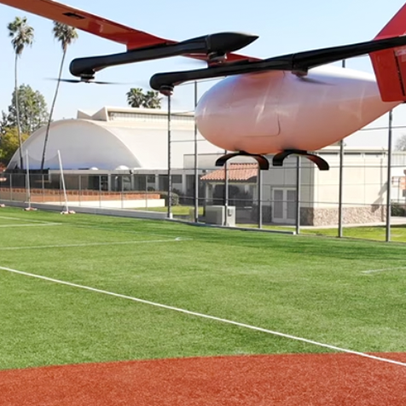
April 24, 2024
Virtual Sensors Help Aerial Vehicles Stay Aloft When Rotors Fail
No crystal ball is needed to envision a future that engineers have in mind, one in which air taxis and other flying vehicles ferry passengers between urban locations, avoiding the growing gridlock on the ground below. Companies are already prototyping and testing such hybrid electric "flying cars" that take off and land vertically but soar through the air like winged aircraft to enable efficient flight over longer distances.
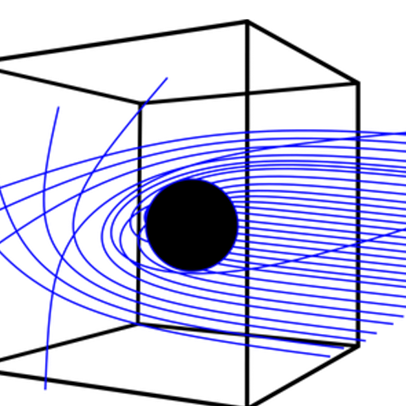
April 22, 2024
AI and Physics Combine to Reveal the 3D Structure of a Flare Erupting Around a Black Hole
Scientists believe the environment immediately surrounding a black hole is tumultuous, featuring hot magnetized gas that spirals in a disk at tremendous speeds and temperatures. Astronomical observations show that within such a disk, mysterious flares occur up to several times a day, temporarily brightening and then fading away.

April 1, 2024
AI Improves Monsoon Rainfall Predictions
A new machine-learning-based forecast has been shown to more accurately predict the South Asian monsoon rainfall 10 to 30 days in advance, a significant improvement on current state-of-the-art forecasts that use numerical modeling rather than artificial intelligence to make predictions. Understanding monsoon behavior is also important because this type of rainfall is a major atmospheric feature in the global climate.
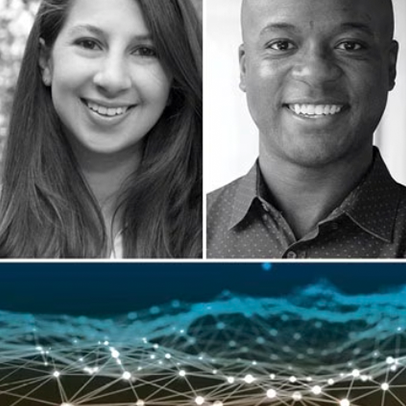
February 6, 2024
Ask Caltech Experts: AI for Space and Earth Exploration
Perspectives from professors Katie Bouman, Matthew Graham, John Dabiri, and Zachary Ross
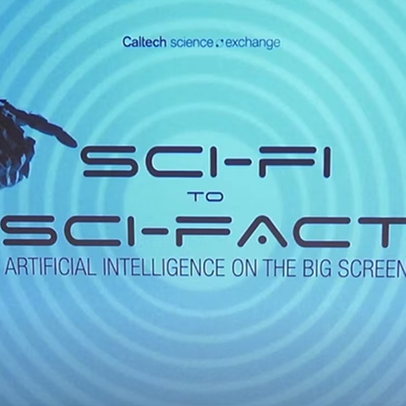
October 13, 2023
From Sci-Fi to Sci-Fact: Caltech Experts Debunk AI Movie Myths
Sci-Fi to Sci-Fact: Artificial Intelligence on the Big Screen, an event hosted by the Caltech Science Exchange, drew more than 800 attendees to campus on September 23. In a panel moderated by Latif Nasser, co-host of the award-winning WNYC Studios podcast Radiolab, four Caltech faculty members dove deep into the realm of AI, using movies and television as a springboard to discuss the state of AI technology today.

October 10, 2023
Artificial Intelligence is Key to Better Climate Models
Scientists have become pretty good at predicting the weather, at least up to 10 days in the future. But making accurate, longer-term predictions about how climate is changing remains challenging. The ability to predict climate change is important because it can help guide decisions about insurance coverage in fire- or flood-prone areas; it can also help architects design safer and more comfortable buildings for occupants in a warmer future.
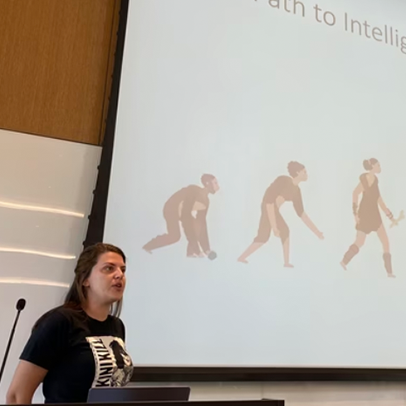
August 21, 2023
New Generative AI Course Brings the Cutting Edge to the Caltech Classroom
While the world grapples with generative AI as a mainstream phenomenon, that phenomenon is already changing the way researchers do science and develop technology. In recognition of that reality, Caltech has begun offering a unique course on the leading edge of generative AI technology, EE/CNS/CS 148: Large Language and Vision Models. This spring, the course let students peer behind the curtain of generative AI to see how it really works and learn how to make it work for their needs.

July 11, 2023
Anima Anandkumar Briefs PCAST on AI Enabling Science
On May 19, 2023, Anima Anandkumar, Bren Professor of Computing and Mathematical Sciences, joined Demis Hassabis and Fei-Fei Li (PhD EE ’05) for a public discussion of Artificial Intelligence (AI) Enabling Science sponsored by the President’s Council of Advisors on Science and Technology (PCAST).

May 19, 2023
New Caltech Center Sheds Light on the Future of Generative AI, Innovation, and Regulation
From weather forecasts and disease diagnosis to chatbots and self-driving cars, new applications of artificial intelligence (AI) continue to multiply. More recently, the widespread availability of tools that can create content—whether code, text, images, audio, or video—such as ChatGPT and DALL-E, has thrust "generative AI" into the spotlight.
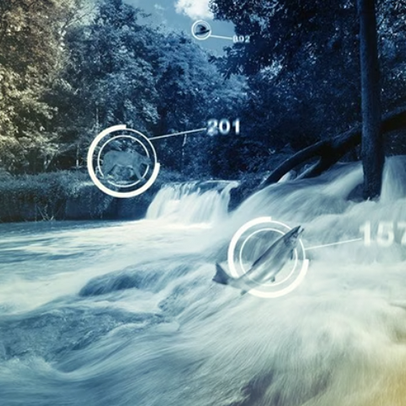
May 8, 2023
Ask a Caltech Expert: Machine Learning for Conservation
As part of Conversations on Artificial Intelligence, a webinar series hosted by the Caltech Science Exchange, two artificial intelligence (AI) researchers—Pietro Perona and Suzanne Stathatos—discussed AI’s potential as a powerful tool for wildlife conservation and biodiversity research.

April 20, 2023
AI Offers Tool to Improve Surgeon Performance
When surgeons are trained, they usually need the supervision of more experienced doctors who can mentor them on their technique. That may be changing due to a new artificial intelligence system developed by Caltech researchers and Keck Medicine of USC urologists that aims to provide valuable feedback to surgeons on the quality of their work.

March 23, 2023
How Does AI Drive Autonomous Systems?
Artificial intelligence (AI) enables scientists and engineers to create autonomous technologies that can function on their own while adapting and responding to changing environments and scenarios.

November 1, 2022
AI Tools for Addressing Online Misinformation and Harassment
As part of Conversations on Artificial Intelligence, a webinar series hosted by the Caltech Science Exchange, Professor of Political and Computational Social Science Michael Alvarez and Bren Professor of Computing and Mathematical Sciences Anima Anandkumar discuss how misinformation is amplified online and ways their artificial intelligence (AI) tools can help create a more trustworthy social media ecosystem.
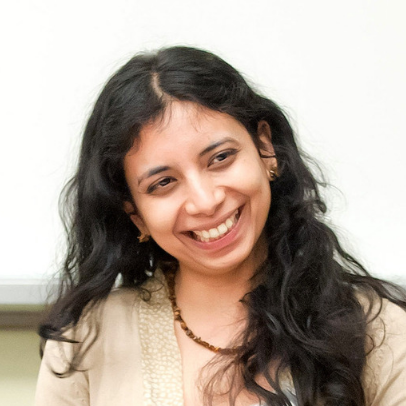
February 4, 2022
Researchers Tackle COVID-19 with AI
A pair of papers coauthored by Anima Anandkumar, Caltech's Bren Professor of Computing and Mathematical Sciences, were selected as finalists for the 2021 Association for Computing Machinery (ACM) Gordon Bell Special Prize for High Performance Computing-Based COVID-19 Research.

September 17, 2021
CV4Ecology Summer School officially announced!
We are thrilled to announce the call for applicants for the first annual Resnick Sustainability Institute Summer School on Computer Vision Methods for Ecology. This intensive, three-week program will teach applied computer vision methods to senior ecology graduate students and postdocs, and will be hosted at Caltech from August 1-20, 2022. Students will develop hands-on computer vision systems to help answer their own ecological research questions, using their own data. They will receive daily mentorship from a passionate team of computer vision experts with a track record of impact in conservation and sustainability. Each student will be provided with $2500 in cloud credits to facilitate their project development sponsored by Microsoft AI for Earth and Amazon AWS. Our team of instructors will work with applicants leading up to the intensive to curate computer-vision-ready labels for their data that will be used to prototype systems for their research questions during the class. Students will leave the course empowered to build their own computer vision models for ecological applications, and gain skills in problem formulation, dataset curation, model training, model evaluation, and hosting models for inference. Acceptance to the 2022 school will be competitive, we plan to accept only 20 students who will be evaluated on their past work as well as their proposed projects. Applications are due December 1st, and we strongly encourage applicants from minoritized groups in academia.
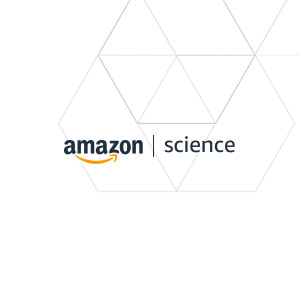
April 30, 2021
Caltech names eight AI4Science fellows supported by Amazon
Amazon is collaborating with Caltech to support research, education, and outreach programs that help build bridges between AI and other areas of science and engineering.
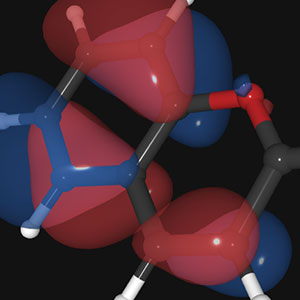
October 06, 2020
Machine Learning Speeds Up Quantum Chemistry Calculations
OrbNet uses machine learning to perform quantum-chemistry calculations 1,000 times faster than previously possible. The tool was developed through a partnership between Caltech's Tom Miller, professor of chemistry, and Anima Anandkumar, Bren Professor of Computing and Mathematical Sciences.
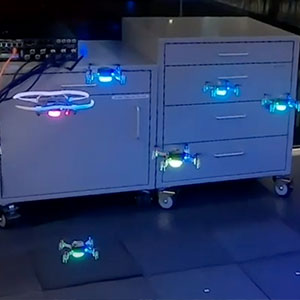
July 13, 2020
Machine Learning Helps Robot Swarms Coordinate
This work shows promising results to overcome the safety, robustness, and scalability issues of conventional black-box artificial intelligence (AI) approaches for swarm motion.

January 08, 2020
AI for #MeToo: Training Algorithms to Spot Online Trolls
Researchers at Caltech have demonstrated that machine-learning algorithms can monitor online social media conversations as they evolve, which could one day lead to an effective and automated way to spot online trolling.

October 28, 2019
Combining AI and Robots
So far, engineers have developed artificial intelligence and robotic bodies independently. But to achieve a healthy artificial mind in a healthy robotic body, the development will need to be done holistically, says Caltech's Anima Anandkumar.
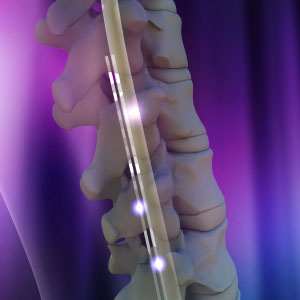
August 19, 2019
A Promising Step in Returning Bipedal Mobility
New research effort aims to help people walk again by combining exoskeletons with spinal stimulation. The implant, developed in collaboration with Caltech biomedical engineer Yu-Chong Tai, Anna L. Rosen Professor of Electrical Engineering and Medical Engineering, and AI expert Yisong Yue, assistant professor of computing and mathematical sciences, provides electrical stimulation to the epidural space around the lower spinal cord while using AI to learn, in real time, the stimulation patterns that yield the best results for wearers.

May 23, 2019
"Neural Lander" Uses AI to Land Drones Smoothly
At Caltech's Center for Autonomous Systems and Technologies (CAST), artificial intelligence experts have teamed up with control experts to develop a system that uses a deep neural network to help autonomous drones "learn" how to land more safely and quickly, while gobbling up less power.

May 23, 2019
Q&A: Creating a "Virtual Seismologist"
A promising new collaboration between Caltech seismologists and computer scientists using artificial intelligence (AI)—computer systems capable of learning and performing tasks that previously required humans—aims to improve the automated processes that identify earthquake waves and assess the strength, speed, and direction of shaking in real time.